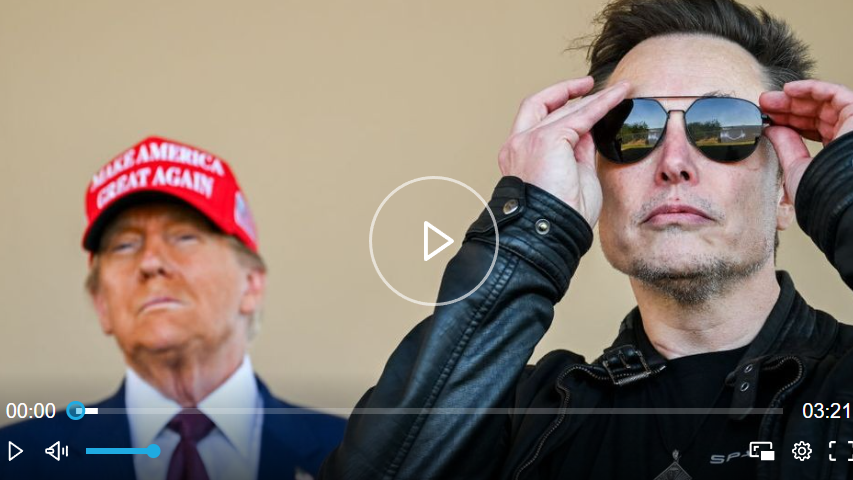
Understanding the February 28 Economic Blackout Protest
On February 28, 2025, a significant grassroots movement known as the “economic blackout” is set to take place across the United States. Organized by The People’s Union USA, this 24-hour protest encourages consumers to abstain from making purchases at major retailers to voice opposition against corporate greed and advocate for systemic reforms.
The Origins and Objectives of the Economic Blackout
The People’s Union USA, founded by meditation instructor John Schwarz, initiated this movement to harness consumer power as a means of promoting economic resistance, government accountability, and corporate reform. The organization emphasizes its non-partisan stance, aiming to unite individuals across the political spectrum in a collective effort to challenge exploitative economic systems.
Participants are urged to refrain from all non-essential spending on February 28, including online shopping, fast food, gasoline, and purchases from large corporations. Instead, if necessary, they are encouraged to support small, local businesses. The goal is to demonstrate the substantial impact consumers can have on the economy by collectively withholding their spending, thereby sending a powerful message to corporations and policymakers.
Planned Actions and Future Boycotts
The February 28 economic blackout is the first in a series of planned protests. Future boycotts are scheduled to target specific corporations, including Amazon, Nestlé, Walmart, and General Mills, on designated dates. These actions aim to maintain momentum and pressure on companies perceived to prioritize profits over ethical considerations.
While the immediate impact of a one-day boycott may be limited, organizers believe that sustained and organized efforts can lead to meaningful change. By disrupting regular economic activities, even temporarily, the movement seeks to highlight consumer influence and advocate for a more equitable economic landscape.
Diverse Perspectives on the Economic Blackout
The economic blackout has garnered a range of responses. Supporters view it as a necessary stand against corporate malpractices and a demonstration of consumer solidarity. They argue that such collective actions are essential for holding corporations accountable and prompting policy reforms.
Critics, however, question the efficacy of a one-day boycott. Some suggest that without clear, long-term objectives, the protest may amount to symbolic gesture rather than effecting substantial change. Additionally, concerns have been raised about the potential economic impact on employees and small businesses indirectly affected by reduced consumer spending.
The Role of Social Media and Public Sentiment
Social media platforms have played a pivotal role in mobilizing support for the economic blackout. Hashtags such as #BoycottFeb28 and #EconomicBlackout have trended, facilitating widespread discussion and engagement. These online conversations have amplified the movement’s reach, enabling organizers to connect with a diverse audience and galvanize collective action.
Public sentiment appears to be a mix of optimism and skepticism. While many express enthusiasm about participating and making their voices heard, others remain doubtful about the long-term impact of such protests. This dichotomy highlights the challenges inherent in grassroots movements aiming to effect change within complex economic systems.
Conclusion: Reflecting on the Potential Impact
The February 28 economic blackout protest represents a concerted effort by consumers to leverage their purchasing power as a form of protest against perceived corporate exploitation. While the immediate economic impact may be modest, the movement underscores a growing desire among the public to seek accountability and reform within corporate and governmental structures.
As the day unfolds, the true measure of the protest’s success will lie not only in the immediate financial repercussions but also in its ability to sustain momentum, inspire ongoing dialogue, and influence future actions aimed at fostering a more equitable economic system.
